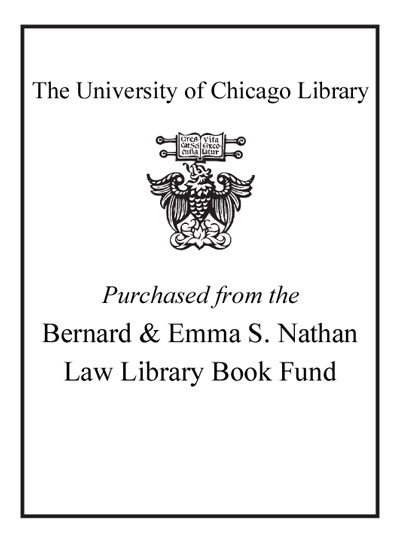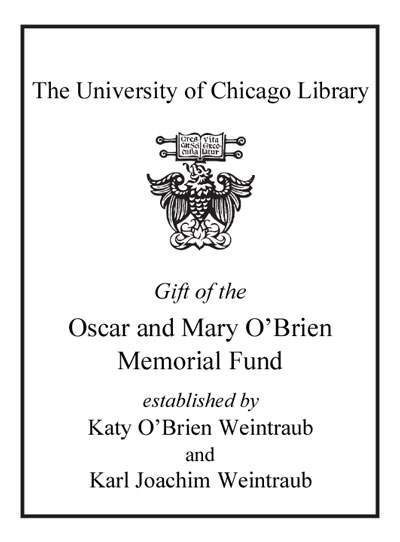Review by Choice Review
Ruiz (UCLA), whose specialty is late medieval Castilian history, successfully places the social history of late medieval Castile in the context of the general history of the European Middle Ages in this analysis of the changes that took place in Castilian society during this period. Through a careful examination of wills, the author concludes that Castilians in the late Middle Ages had different attitudes toward themselves, their identity, written language and culture, property, and, ultimately, salvation. Indeed, the different perception of the self that emerged after the 1220s produced a different attitude toward wealth and property and, eventually, a different sense of generosity toward the church. The new Castilian mentality and society were not, as many historians contend, the ultimate consequence of the reconquest, but formed part of a Europe-wide movement. Ruiz concludes that the Christian conquest of Seville was "a manifestation of these changes." As usual, Ruiz's style is clear and at times witty. Indeed, this book is a perfect companion to his Crisis and Continuity: Land and Town in Late Medieval Castile (CH, Sep'94). The extensive notes and bibliography make this book very useful for Hispanists and medievalists alike. ^BSumming Up: Highly recommended. Upper-division undergraduates and above. I. A. O'Connor Indiana University South Bend
Copyright American Library Association, used with permission.
Review by Choice Review


